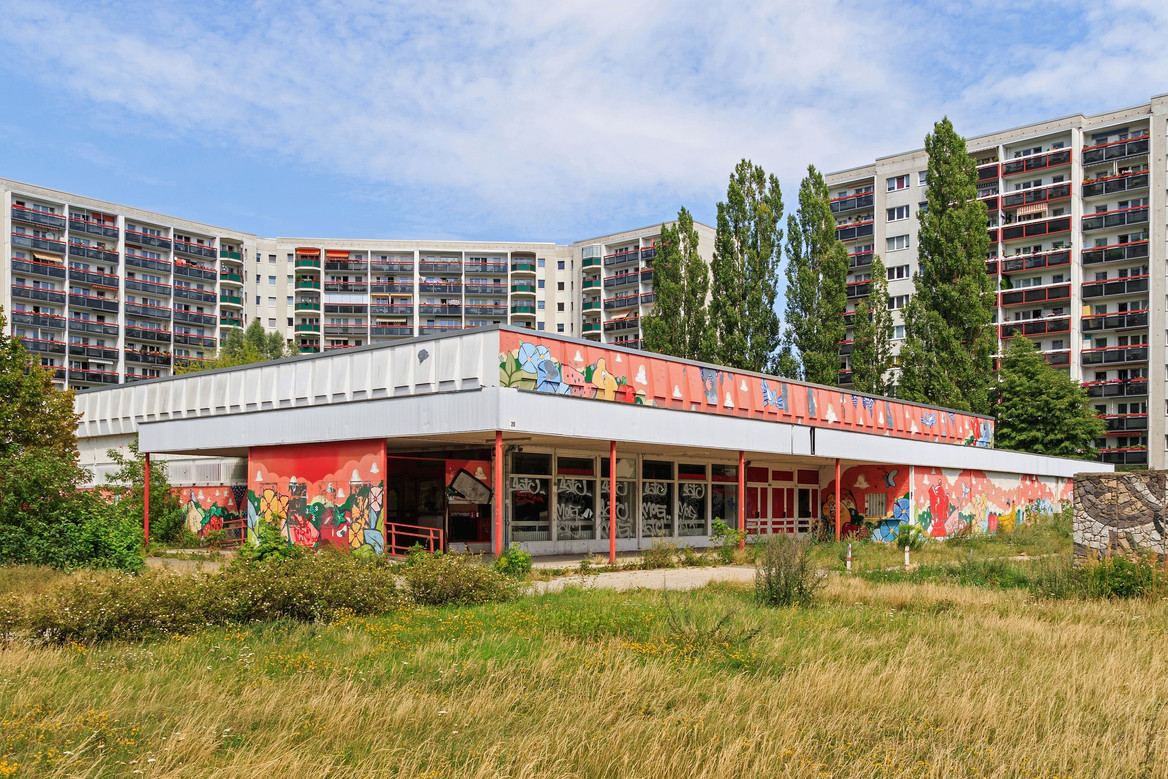Estates After Transition (EAT)
Research department: Politics and Planning
IRS Research Topic: Spatial Path Development and Institutional Change Forms and Implications of Spatial Governance
Project Leader within IRS: PD Dr. Matthias Bernt
Project Team: Dr. Madlen Pilz
Consortium: Leibniz Institute for Research on Society and Space (Coordination) European University at St. Petersburg University of Tartu
Funding Organization: Federal Ministry of Education and Research
Duration: 07/2018 - 11/2021
The research aims at studying recent challenges in the development of large housing estates in postsocialist cities. It is based on a comparative approach and includes six case studies in Estonia, Germany, and Russia. Resarch on the neighbourhoods Halle-Neustadt and Berlin-Marzahn will be conducted by the IRS. Thereby, the project focuses on actors, their interests and resources and observes the consequences of their constellations for the development of housing estates. The main scientific goal of the project will be to overcome the fragmented and single-case orientied research on large housing estates in central and eastern Europe. The challenges for the development of these estates will be analysed using an analytic governance concept, which embedds the conditions of individual neighbourhoods in a broader socio-economic context.
The project will result in a number of transferable recommnedations that can help facing the long-term development challenges of housing estates in CEE-countires and assist in improving the quality of life and the competitivness of these neighbourhoods.
In sum, the project has four goals:
1. analyzing major challenges in the social and economic deveopment of postsocialist housing estates,
2. analyzing local and regional govwernance constellations underlying these challenges,
3. advancing existing scientific concepts on the basis of new empirical material,
4. fostering intercultural learning and developing policy- recommendations:
The project is based on a collaboration of estonian, german and russian scientists. It will assist in advancing the developmentof a common European research area and result in "capacity building" for future cooperations.
Photo: © Harald Henkel


